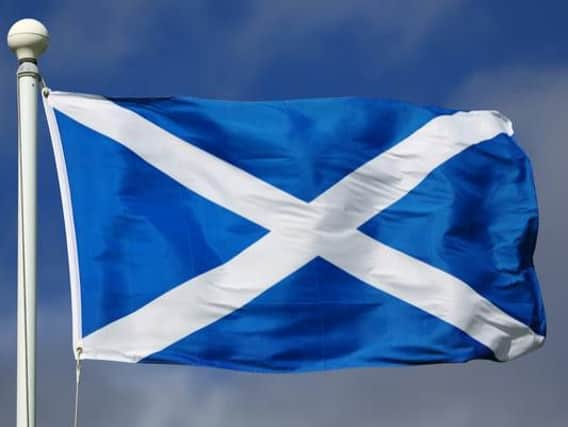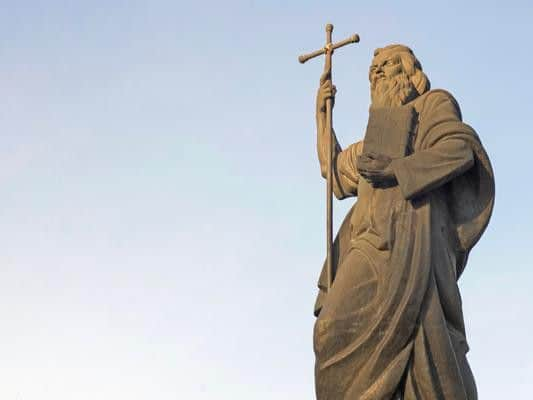Is St Andrew's Day a public holiday in Scotland?


Intended to celebrate Scotland’s patron saint, St Andrew’s Day falls on 30 November every year. The tradition is thought to date back to the reign of King Malcolm III, during the 11th century.
Should I get a day off work for St Andrew’s Day?
In more recent years, the Scottish Parliament passed the St Andrew's Day Bank Holiday (Scotland) Act 2007 in 2006, designating 30 November an official bank holiday. If the day falls on a weekend, the following Monday will be designated a bank holiday instead.
Advertisement
Hide Ad

However, according to the Scottish Government, banks are not required to close on St Andrew’s Day, and employers do not have to give their employees the day off.
What happens in Scotland on St Andrew’s Day?
Traditional St Andrew’s Day celebrations on or around 30 November often involve classic Scottish foods and drinks (such as haggis and whisky), as well as traditional music and dancing. The festivities are comparable to those on Burns Night (25 January) or Hogmanay (31 December).
As of 2002, the Saltire or Saint Andrew’s Cross (Scotland’s flag) must be flown on all Scottish Government buildings with a flagpole, according to their flag-flying regulations.
When, where and why did the tradition originate?
During Malcolm III’s reign, it is thought that the ritual slaughtering of animals for Samhain (a Gaelic festival marking the end of the harvest season and the beginning of winter) was moved to 30 November to ensure that enough were kept alive for winter.
National celebrations of Saint Andrew began around this time - as early as 1034 - but it is only in recent years that the date became a holiday.
Saint Andrew is also the patron saint of Cyprus, Greece, Romania, Russia, Ukraine, the Ecumenical Patriarchate of Constantinople, San Andres Island (Colombia), Saint Andrew (Barbados) and Tenerife.